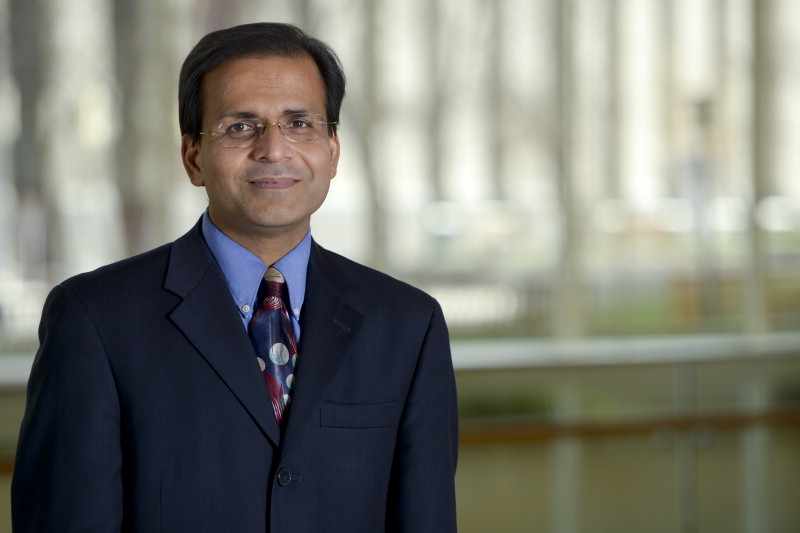-
Featured News
Something to Think About: The Blame Game

Validate before blaming.
Dear friend,
Research shows we don’t see what our eyes see; we see what our brain thinks we are seeing. Our brain tells our eyes what it wants to see, and when the eyes obey, the brain believes what they show. From among many possibilities, we thus see, hear, and believe the details that confirm our preset beliefs.
Our beliefs guide our preferences. Our preferences direct our words and actions, which eventually shape our life. How and what we see thus are very important to our lives and those of others who depend on us.
Interestingly, most of us aren’t aware that we are so biased. We do not recognize our blind spots; we believe we are rational. Not realizing that our truth is just one aspect of the complete truth, we become anchored in our version. Our truth becomes an integral part of our being. Defending it becomes our mission, even at the risk of creating conflicts with the world.
Conflicts happen when both sides perceive being wronged and intend to right that wrong. In conflicts, the two parties protect different versions of the truth. In this state, each is blind and deaf to why the other person sees and hears what he or she sees and hears.
We can avoid conflicts once we realize that our individual truth is just one version of reality, not necessarily the right or complete version. When I stand rigid on my post, most others look unreasonable. Realizing this, I should change my default assumption from “you are wrong and I am right” (or “you are right and I am wrong,” as can happen to people with low self-esteem) to “we both could be right.”
I believe I have the ability to make this change. I have the ability to change my anxiety-provoking negative bias to goodness-seeking positive bias. Research shows that once we bias ourselves to “seek” the positive, we start “finding” more positive. As a result, we develop more positive emotions, better social connections, and greater prosocial behavior.
I should recognize my negativity bias. With that recognition, I should strive to overcome this bias by seeking what is right in others. With that disposition I will default to peace. And when we all look at each other and seek what is right in the other person, the world will default to peace.
May the world notice the good within you; may you notice the good in the world.
Take care.
Amit
Read the Blame Game and previous blog posts.
Also, follow @AmitSoodMD on Twitter.








